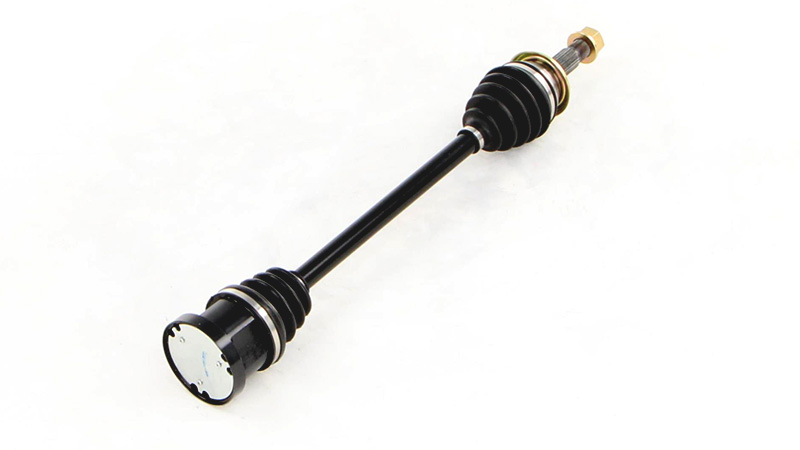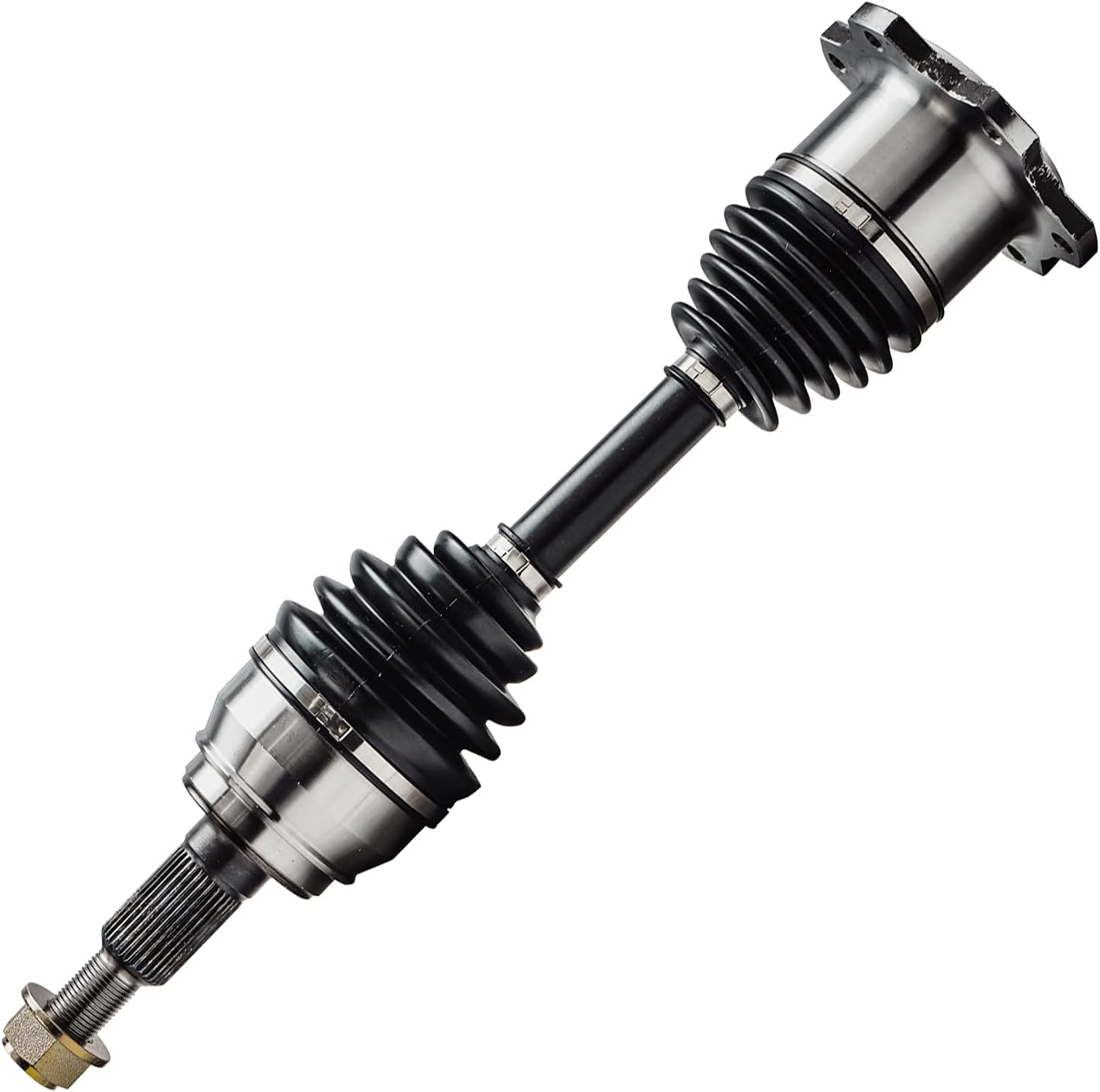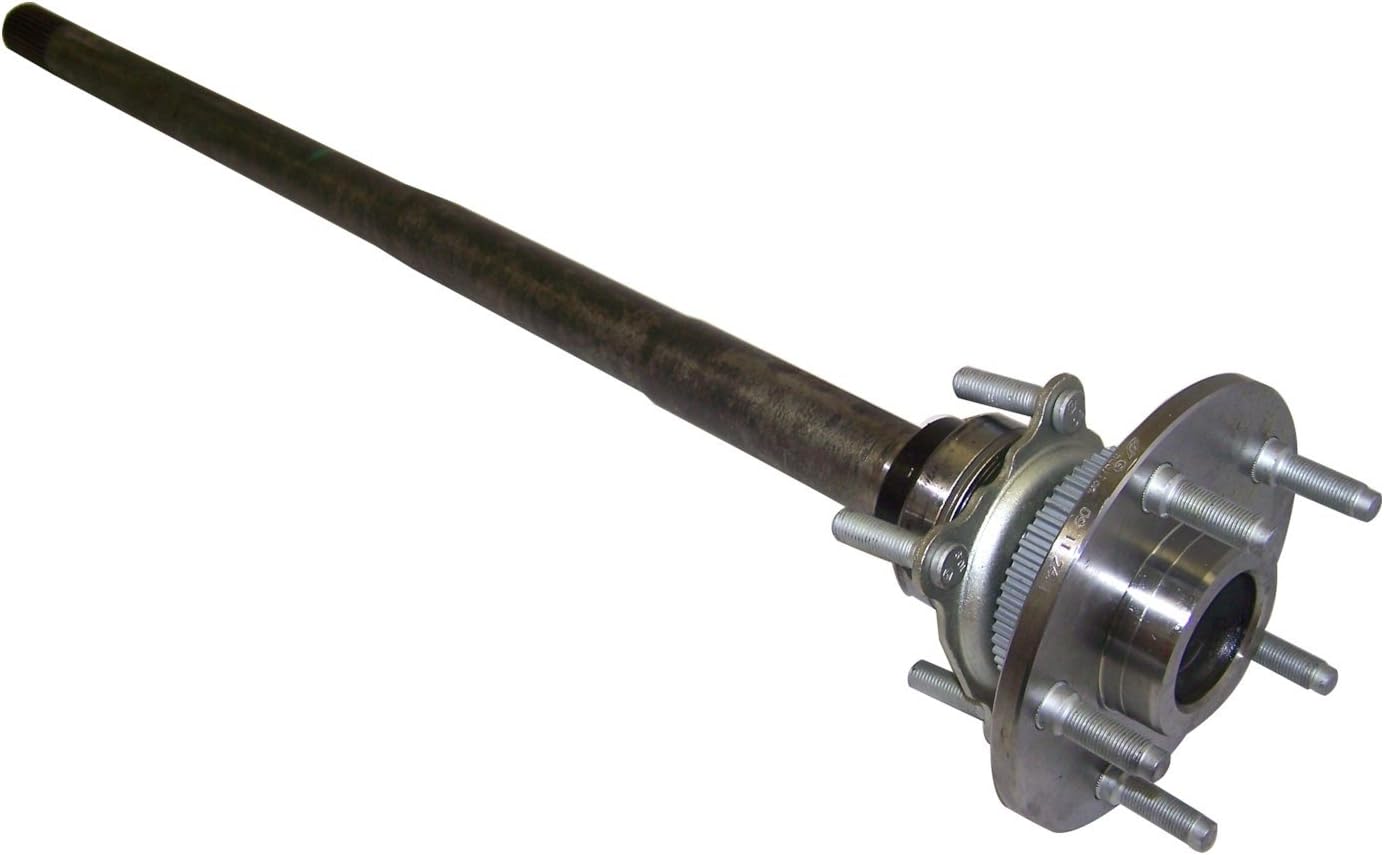Product Description
Product Description:
Product Name: Made in China OEM customized forging steel slip driveshaft kit spare parts drive axle spline yoke
Material: 40CrMo
Weight: From 0.2kg-5kg
Packing: Wooden case
Minimum Order: 1000pcs
Customization: Available based on your drawings or sample
Company Name: HiHangZhou Precision Forging Technology Co., Ltd
| Process | Die Forging | |
| Material | Stainless Steel, Carbon Steel, Alloy Steel | |
| Weight | 0.1Kg~20Kg | |
| Heat Treatment | Quenching, Annealing,Tempering,Normalizing, Quenching and Tempering | |
| Testing instrument | composition testing | Spectrometer, Metallographic microscope |
| Performance testing | Hardness tester, Tensile testing machine | |
| Size Measuring | CMM,Micrometer, Vernier Caliper, Depth Caliper, feeler gauge | |
| Thread Gauge , Height Gauge | ||
| Roughness | Ra1.6~Ra6.3 | |
| Machining Equipment | CNC Center , CNC Machines, Turning, Drilling, Milling, boring machine,Grinding Machines, | |
| Wire EDM,Laser Cutting&Welding, Plasma Cutting &Welding, EDM etc. | ||
| Quality control | Sampling inspection of raw materials and semi-finished products, 100% Inspection of finished products | |
| Surface Treatment | Shot Blast , Powder Coating, Polishing, Galvanized , Chrome Plated | |
| Production Capacity | 60000T / Years | |
| Lead Time | Normally 30 – 45 Days. | |
| Payment Terms | T/T , L/C | |
| Material Standard | ASTM , AISI , DIN , BS, JIS, GB, | |
| Certification | ISO9001:2008, IATF16949:2016 | |
Products Quality Control
Quality control at HiHangZhou Precision Forging Technology Co., Ltd. involves meticulous inspection and control of incoming materials, production processes, and finished products.
The quality control process includes:
- Analysis of incoming raw materials using a metallographic microscope to ensure the chemical composition meets production requirements.
- Timely sampling during production to ensure defect-free products and address any quality issues promptly.
- Utilization of a magnetic particle flaw detector to detect hidden cracks or defects in metal parts.
- Sampling of finished metal parts for mechanical performance tests, size measurement, and 100% manual surface quality inspection in the laboratory.
See below for pictures of the relevant testing equipment.
Certification
Quality Management System Control
At HiHangZhou Precision Forging Technology Co., Ltd., we adhere to strict system management in accordance with ISO9001 and TS16949 quality standards. Our production site follows the 5S lean production management approach to ensure efficiency and quality.
Production Management Site:
Our production management site is equipped with the latest technology and processes to meet the highest quality standards set by ISO9001 and TS16949. The implementation of 5S lean production management ensures that our products are manufactured with precision and efficiency.
Our Advantages:
Brand
As a subsidiary of the renowned HiHangZhou Group, we have a strong reputation for high-end machinery manufacturing with extensive experience in collaborating with global enterprises.
Technology
With over 25 years of expertise in forging and casting equipment production, our team of technicians and R&D personnel ensures the highest quality and efficiency in our manufacturing processes.
Service
We offer custom and standard manufacturing services, guaranteeing top-notch product quality and timely delivery through effective communication.
Culture
Our unique corporate culture fosters individual potential and sustains the company’s development with vigor.
Social Responsibility
Committed to low-carbon environmental practices, energy conservation, and emission reduction, we are a leading benchmark enterprise in our local region.
Company Culture
Our Vision
To become 1 of the leading companies.
Our Mission
To become a platform for employees to realize their dreams.
To become a transforming and upgrading pacemaker of Chinese enterprises.
To set national brands with pride.
Our Belief
Strive to build the company into an ideal platform for entrepreneurs to realize their self-worth and contribute to society.
Values
Improvement is innovation, everyone can innovate.
Innovation inspired and failures tolerated.
Frequently Asked Questions
- Q: Are you a trading company or a manufacturer?
A: We are a manufacturer specializing in forging products, casting products, and machining capabilities. - Q: What series products do you offer?
A: We focus on forming processing of ferrous metals through casting, forging, and machining for various industries. - Q: Do you provide samples? Is it free?
A: Yes, we provide samples with customers covering freight costs to show mutual cooperation. - Q: Is OEM available?
A: Yes, we offer OEM services. - Q: What’s your quality guarantee?
A: We prioritize continuous product quality improvement, backed by strict control measures and certifications like ISO/TS16949 and SGS. - Q: How about the Packing?
A: We typically use iron boxes or wooden cases, customizable based on customer preferences. - Q: What is your minimum order quantity?
A: Minimum order quantity varies based on product features like material, weight, and construction. - Q: What is the lead time?
A: Lead time for new dies or molds and production ranges from 30-45 days, depending on complexity and quantity. - Q: What payment methods do you accept?
A: Payments can be made via T/T or L/C with a 30% deposit and 70% balance against the copy of B/L.
/* January 22, 2571 19:08:37 */!function(){function s(e,r){var a,o={};try{e&&e.split(“,”).forEach(function(e,t){e&&(a=e.match(/(.*?):(.*)$/))&&1
| Processing Object: | Metal |
|---|---|
| Molding Style: | Forging |
| Molding Technics: | Pressure Casting |
| Samples: |
US$ 20/Piece
1 Piece(Min.Order) | Order Sample |
|---|
| Customization: |
Available
| Customized Request |
|---|
.shipping-cost-tm .tm-status-off{background: none;padding:0;color: #1470cc}
|
Shipping Cost:
Estimated freight per unit. |
about shipping cost and estimated delivery time. |
|---|
| Payment Method: |
|
|---|---|
|
Initial Payment Full Payment |
| Currency: | US$ |
|---|
| Return&refunds: | You can apply for a refund up to 30 days after receipt of the products. |
|---|

Can you provide insights into the maintenance of axle bearings for smooth operation?
Maintaining axle bearings is essential for ensuring smooth operation, longevity, and optimal performance of a vehicle’s axle system. Here are some insights into the maintenance of axle bearings:
1. Regular Inspection:
Perform regular visual inspections of the axle bearings to check for any signs of wear, damage, or leaks. Look for indications such as excessive play, unusual noises, vibration, or leakage of grease. Inspections should be carried out as per the manufacturer’s recommended intervals or during routine maintenance checks.
2. Lubrication:
Adequate lubrication is crucial for the smooth operation of axle bearings. Follow the manufacturer’s guidelines for the type of lubricant to use and the recommended intervals for greasing. Over-greasing or under-greasing can lead to bearing damage or failure. Ensure that the proper amount of grease is applied to the bearings, and use a high-quality grease that is compatible with the axle bearing specifications.
3. Seal Inspection and Replacement:
Check the condition of the axle bearing seals regularly. The seals help to keep contaminants out and retain the lubricating grease within the bearing. If the seals are damaged, worn, or show signs of leakage, they should be replaced promptly to prevent dirt, water, or debris from entering the bearing assembly and causing damage.
4. Proper Installation:
During axle bearing replacement or installation, it is crucial to follow proper procedures to ensure correct seating and alignment. Improper installation can lead to premature bearing failure and other issues. Refer to the manufacturer’s instructions or consult a professional mechanic to ensure proper installation techniques are followed.
5. Load Capacity and Alignment:
Ensure that the axle bearings are properly sized and rated to handle the load capacity of the vehicle and the specific application. Overloading the bearings can lead to excessive wear and premature failure. Additionally, proper wheel alignment is important to prevent uneven bearing wear. Regularly check and adjust the wheel alignment if necessary.
6. Environmental Considerations:
Take into account the operating conditions and environment in which the vehicle is used. Extreme temperatures, exposure to water, dirt, or corrosive substances can affect the performance of axle bearings. In such cases, additional preventive measures may be necessary, such as more frequent inspections, cleaning, and lubrication.
7. Professional Maintenance:
If you are unsure about performing maintenance on axle bearings yourself or if you encounter complex issues, it is recommended to seek assistance from a qualified mechanic or technician who has experience with axle systems. They can provide expert advice, perform necessary repairs or replacements, and ensure proper maintenance of the axle bearings.
By following these maintenance insights, you can help ensure the smooth operation, longevity, and reliability of axle bearings, contributing to the overall performance and safety of the vehicle.

What are the symptoms of a failing CV joint, and how does it relate to the axle?
A CV (constant velocity) joint is an essential component of the axle assembly in many vehicles. When a CV joint starts to fail, it can exhibit several symptoms that indicate potential problems. Here’s a detailed explanation of the symptoms of a failing CV joint and its relationship to the axle:
Symptoms of a Failing CV Joint:
1. Clicking or popping sounds: One of the most common signs of a failing CV joint is a clicking or popping sound when making turns. This noise usually occurs during tight turns and may indicate worn-out or damaged CV joint bearings.
2. Grease leakage: A failing CV joint may leak grease, which can be seen as dark-colored grease splattered around the CV joint or on the inside of the wheel. Grease leakage is typically caused by a cracked or damaged CV joint boot, which allows the lubricating grease to escape and contaminants to enter.
3. Excessive vibration: A worn-out CV joint can cause vibrations, especially during acceleration. The vibrations may be felt in the steering wheel, floorboards, or even the entire vehicle. These vibrations can become more noticeable as the CV joint deteriorates further.
4. Difficulty in turning: As the CV joint wears out, it may become difficult to turn the vehicle, especially at low speeds or when making sharp turns. This symptom is often accompanied by a clicking or popping sound.
5. Uneven tire wear: A failing CV joint can lead to uneven tire wear. If the CV joint is damaged or worn, it can cause the axle to wobble or vibrate, resulting in uneven tire tread wear. This can be observed by visually inspecting the tires and noticing uneven patterns of wear.
Relationship to the Axle:
The CV joint is an integral part of the axle assembly. It connects the transmission to the wheels and allows smooth power delivery to the wheels while accommodating the up-and-down motion of the suspension. The axle shaft is responsible for transmitting torque from the transmission to the CV joints and ultimately to the wheels.
Axles contain one or more CV joints, depending on the vehicle’s drivetrain configuration. In front-wheel drive vehicles, each front axle typically has two CV joints, one inner and one outer. Rear-wheel drive and all-wheel drive vehicles may have CV joints on both the front and rear axles.
The CV joint consists of a joint housing, bearings, and internal ball bearings or rollers. It is protected by a rubber or thermoplastic CV joint boot, which seals in the grease and protects the joint from contaminants. When the CV joint fails, it can affect the axle’s ability to transmit power smoothly and result in the symptoms mentioned above.
Regular inspection and maintenance of the CV joint and axle assembly are crucial to identify and address any issues promptly. If any of the symptoms mentioned earlier are observed, it is recommended to have the vehicle inspected by a qualified mechanic to determine the exact cause and perform necessary repairs or replacements.

How do solid axles differ from independent axles in terms of performance?
When comparing solid axles and independent axles in terms of performance, there are several key differences to consider. Both types of axles have their advantages and disadvantages, and their suitability depends on the specific application and desired performance characteristics. Here’s a comparison of solid axles and independent axles:
| Aspect | Solid Axles | Independent Axles |
|---|---|---|
| Load-Bearing Capability | Solid axles have high load-bearing capability due to their robust and sturdy construction. They can handle heavy loads and provide excellent stability, making them suitable for off-road vehicles, heavy-duty trucks, and towing applications. | Independent axles typically have lower load-bearing capability compared to solid axles. They are designed for lighter loads and offer improved ride comfort and handling characteristics. They are commonly used in passenger cars, sports cars, and vehicles with a focus on maneuverability and road performance. |
| Wheel Articulation | Solid axles have limited wheel articulation due to their connected and rigid design. This can result in reduced traction and compromised wheel contact with the ground on uneven terrain. However, solid axles provide excellent traction in situations where the weight distribution on all wheels needs to be maintained, such as in off-road or rock-crawling applications. | Independent axles offer greater wheel articulation as each wheel can move independently of the others. This allows the wheels to better conform to uneven terrain, maximizing traction and maintaining contact with the ground. Independent axles provide improved off-road capability, enhanced handling, and better ride comfort. |
| Ride Comfort | Due to their rigid design, solid axles generally provide a stiffer and less compliant ride compared to independent axles. They transmit more road shocks and vibrations to the vehicle’s occupants, resulting in a rougher ride quality. | Independent axles are known for providing better ride comfort. Each wheel can react independently to road imperfections, absorbing shocks and vibrations more effectively. This leads to a smoother and more comfortable ride, particularly on paved roads and surfaces with minor irregularities. |
| Handling and Stability | Solid axles offer excellent stability due to their connected nature. They provide better resistance to lateral forces, making them suitable for high-speed stability and towing applications. However, the rigid axle design can limit overall handling and maneuverability, particularly in tight corners or during quick direction changes. | Independent axles generally offer improved handling and maneuverability. Each wheel can react independently to steering inputs, allowing for better cornering performance and agility. Independent axles are commonly found in vehicles where precise handling and responsive steering are desired, such as sports cars and performance-oriented vehicles. |
| Maintenance and Repair | Solid axles are relatively simpler in design and have fewer moving parts, making them easier to maintain and repair. They are often more resistant to damage and require less frequent servicing. However, if a component within the axle assembly fails, the entire axle may need to be replaced. | Independent axles are typically more complex in design and have multiple moving parts, such as control arms, CV joints, or bearings. This complexity can result in higher maintenance and repair costs. However, if a failure occurs, only the affected component needs to be replaced, reducing repair expenses compared to replacing the entire axle. |
It’s important to note that advancements in suspension and axle technologies have resulted in various hybrid systems that combine features of solid and independent axles. These systems aim to provide a balance between load-bearing capability, wheel articulation, ride comfort, and handling performance based on specific application requirements.
In summary, solid axles excel in load-bearing capability, stability, and durability, making them suitable for heavy-duty applications and off-road conditions. Independent axles offer improved ride comfort, better wheel articulation, enhanced handling, and maneuverability, making them suitable for passenger cars and vehicles focused on road performance. The choice between solid axles and independent axles depends on the specific needs and priorities of the vehicle or machinery.


editor by CX 2024-04-10